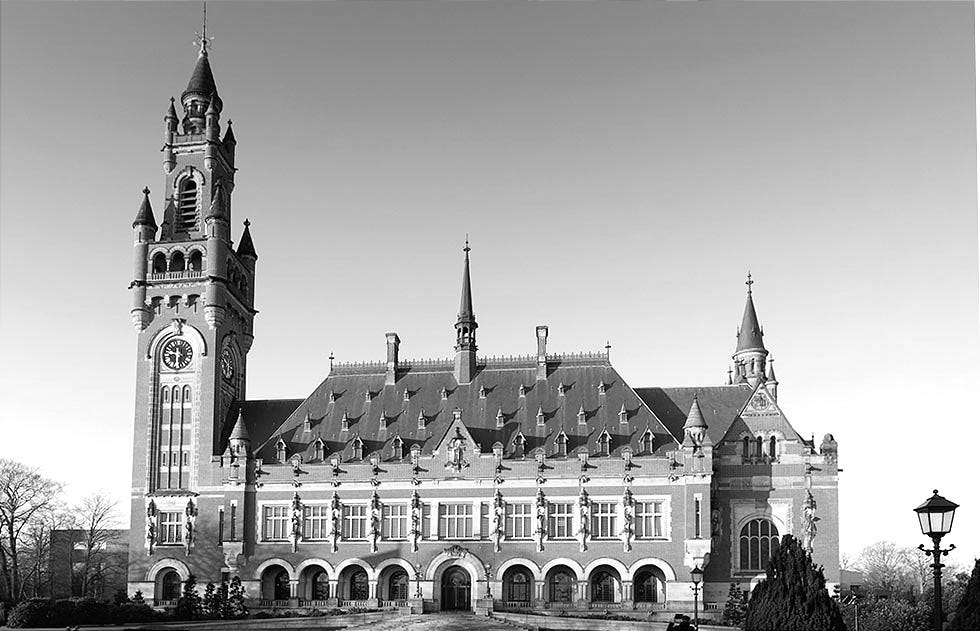Why the U.S. Should Support France’s Case Against Iran—and Stand Against Hostage Diplomacy

In April, France announced its intent to take Iran to the International Court of Justice (ICJ) over the unlawful detention of French citizens. It might sound like a distant legal skirmish—but it’s not. It’s a fight for accountability that affects us all, especially Americans and other U.S. nationals wrongfully detained or held hostage in foreign nations such as the Islamic Regime of Iran, Cuba, Venezuela, and other nations.
The United States is familiar with this story.
In 1979, Iranian militants stormed our embassy in Tehran and held 52 Americans hostage for 444 days. Among other actions, the U.S. turned to the ICJ at the time, filing a case that found Iran guilty of violating international law. Although Iran ignored the ruling, the case shaped diplomacy for decades and helped build the legal framework we still use to protect Americans abroad.
Today, the Islamic Regime, other governments, and non-state actors are using human lives as bargaining chips—detaining innocent civilians for political leverage. Americans are among those unjustly imprisoned. Hostage diplomacy is back. It’s more organized. It’s more brutal. It also poses a threat to the safety of travelers, aid workers, businesspeople, and journalists worldwide.
Worse, these threats are no longer confined within national borders. They are transnational.
Keep reading with a 7-day free trial
Subscribe to The Poblete Dispatches to keep reading this post and get 7 days of free access to the full post archives.



